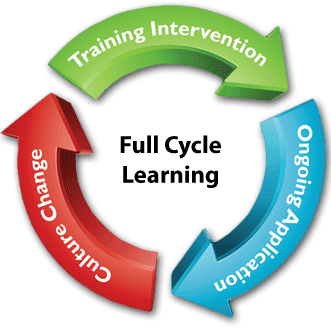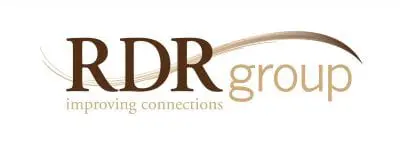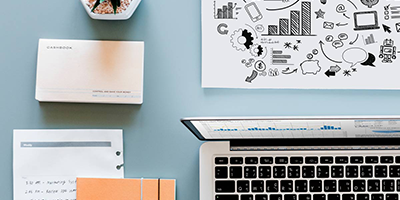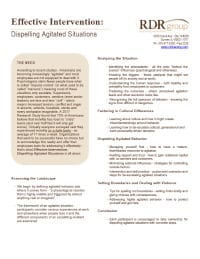According to recent studies, people are becoming less civil at work and most employees are not equipped to deal with it—which means a lot of these incidents are only escalating. Employees and customers are losing what experts call “impulse control,” and it is contributing to some intense situations in the workplace. Participants in this workshop will discover how to dispel these increasingly common occurrences in a way that is healthier for everyone.
VIDEO SAMPLE

VIDEO SAMPLE



According to recent studies, people are becoming less civil at work and most employees are not equipped to deal with it—which means a lot of these incidents are only escalating. Employees and customers are losing what experts call “impulse control,” and it is contributing to some intense situations in the workplace. Participants in this workshop will discover how to dispel these increasingly common occurrences in a way that is healthier for everyone.
KEY TAKEAWAYS
A firm grasp of the current landscape of incivility and its key components.
Analytic skills for identifying the fuel, the triggers, and the signs as intense situations unfold.
A framework for managing yourself and your interactions during these situations.
Skill practice for intervention steps, and tips for setting boundaries when situations present themselves.
Action plans for implementing intervention practices that diffuse intense situations.
KEY TAKEAWAYS
A firm grasp of the current landscape of incivility and its key components.
Analytic skills for identifying the fuel, the triggers, and the signs as intense situations unfold.
A framework for managing yourself and your interactions during these situations.
Skill practice for intervention steps, and tips for setting boundaries when situations present themselves.
Action plans for implementing intervention practices that diffuse intense situations.



FOLLOW UP TOOLS FOR SUSTAINABLE LEARNING
One of the strongest features of the RDR approach is a commitment to creating sustainable learning. Many training efforts are simply one-time events that only provide temporary motivation but very little traction. We attempt to avoid this by focusing all our courses on measurable behaviors rather than a simple knowledge transfer or just checking a box.
Subsequently, in response to client’s requests, over the years we have developed a specific follow-up resource called the Full Cycle Learning Kit. These tools facilitate the integration of specific competencies into ongoing organizational practices and help “move the needle” around genuine culture change.



FOLLOW UP TOOLS FOR SUSTAINABLE LEARNING
One of the strongest features of the RDR approach is a commitment to creating sustainable learning. Many training efforts are simply one-time events that only provide temporary motivation but very little traction. We attempt to avoid this by focusing all our courses on measurable behaviors rather than a simple knowledge transfer or just checking a box.
Subsequently, in response to client’s requests, over the years we have developed a specific follow-up resource called the Full Cycle Learning Kit. These tools facilitate the integration of specific competencies into ongoing organizational practices and help “move the needle” around genuine culture change.












